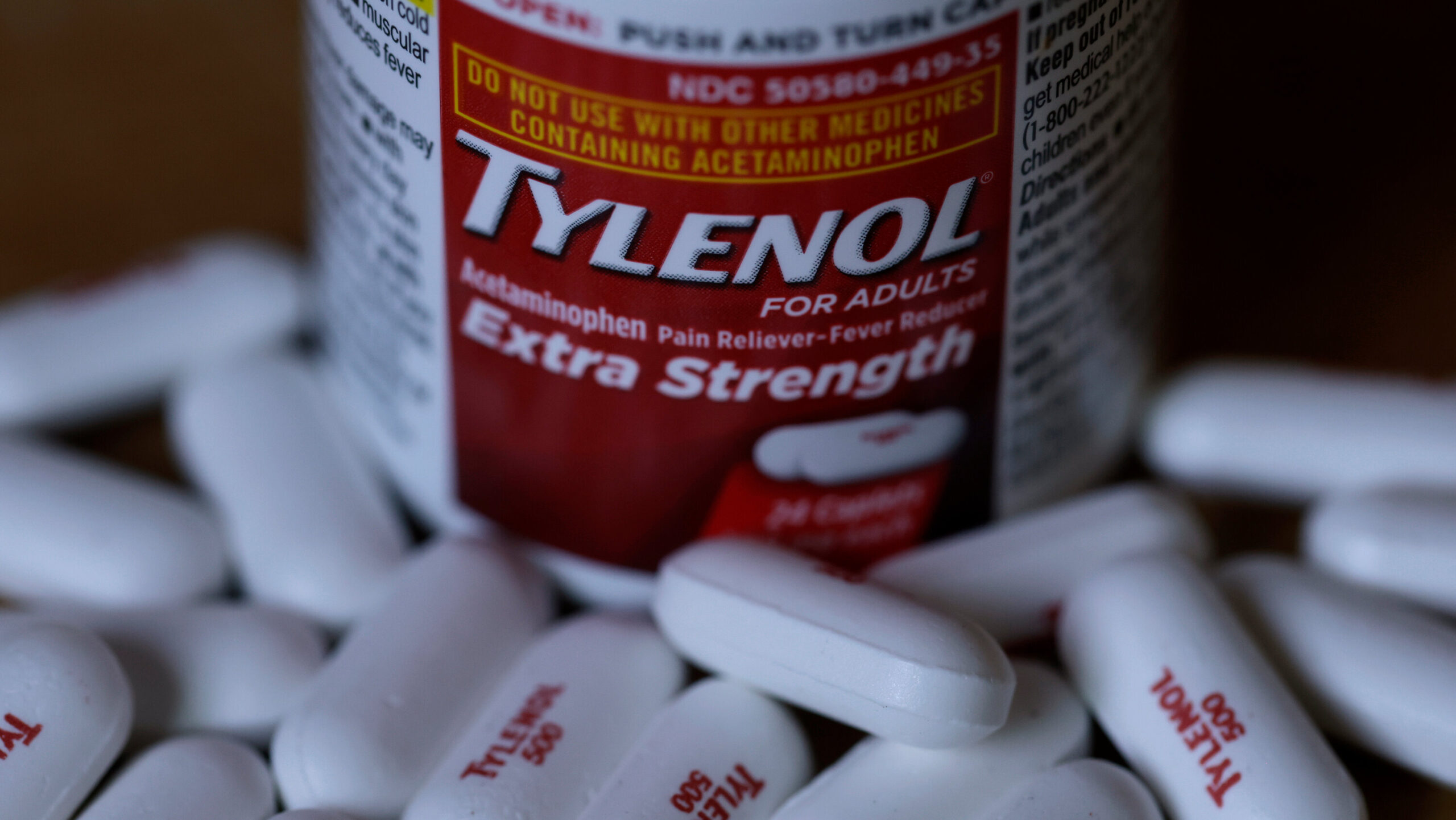Introduction
Acetaminophen, sold under brands like Tylenol, is one of the most widely used pain relievers in the United States. While effective when used as directed, taking too much acetaminophen can cause severe liver damage, coma, or death. Public health experts emphasize safe dosing, awareness of combination products, and clear labeling to prevent accidental overdose. This article outlines the proven risks, safe-use practices, and the importance of accurate, evidence-based public communication. It also addresses public statements from political figures, noting that coverage can vary and should be verified against reliable sources.
What makes acetaminophen risky
- Narrow safety margin: The difference between an effective dose and a dangerous one can be small, especially when multiple products containing acetaminophen are used simultaneously.
- Liver toxicity: Excess acetaminophen can overwhelm the liver’s ability to process the drug, leading to acute liver injury. In severe cases, this can be life-threatening.
- Hidden sources: Many over-the-counter and prescription products (cold, flu, allergy medications, and combination pills) contain acetaminophen. Overlapping dosing can easily push someone over the safe limit.
- Vulnerable populations: People with chronic alcohol use, liver disease, malnutrition, or certain metabolic conditions are at higher risk for overdose and complications.
Guidelines for safe use
- Know the limit: The typical maximum daily dose for adults is 3,000 mg to 4,000 mg, depending on recommendations from a healthcare provider or product labeling. Do not exceed the label’s guidance.
- Check combination products: If you take multiple medicines, tally the total acetaminophen from all sources to avoid unintentional overdose.
- Use the right form: Liquid, tablet, capsule, and extended-release forms have different dosing. Do not assume the same tablet strength across brands.
- When in doubt, ask a professional: If you have liver disease, drink alcohol regularly, or take other medications that affect the liver, consult a clinician about safe dosing.
- Watch for symptoms: Early signs of overdose can be subtle and include nausea, vomiting, stomach pain, and loss of appetite. In severe cases, symptoms of liver trouble (yellowing of the skin or eyes, dark urine) require urgent medical attention.
- Safe storage and disposal: Store medications out of reach of children and dispose of outdated products to prevent accidental ingestion.
Public health messaging and policy considerations
- Clear labeling: Manufacturers and regulators encourage plain-language dosing instructions and explicit warnings about maximum daily limits.
- Education campaigns: Public health campaigns stress not to mix acetaminophen-containing products and to seek immediate help if an overdose is suspected.
- Accessibility vs. risk: While Tylenol is readily accessible, ease of access increases the risk of misuse if consumers are not adequately informed.
- Data monitoring: Health agencies track acetaminophen-related poisonings and work with clinicians to update guidelines as new data emerge.
On the topic of political commentary
- If discussing whether a specific political figure has addressed acetaminophen risks, it’s important to verify statements directly from reliable sources (official transcripts, reputable news outlets, or the subject’s verified communications).
- Public health messaging is most effective when it is evidence-based and nonpartisan, focusing on safety data, consumer guidance, and accessible education.
Practical steps for households
- Review your medicine cabinet: Inventory all acetaminophen-containing products you own and note their maximum daily doses.
- Create a dosing plan: Record dosing times and remaining pill counts to prevent accidental overuse.
- Use a single source of truth: When in doubt, consult product labels or speak with a pharmacist to confirm total daily intake.
- Seek help in emergencies: If overdose is suspected, contact poison control or emergency services immediately.
FAQs
- Q: Can I take Tylenol with alcohol?
A: Regular heavy alcohol use increases the risk of liver injury from acetaminophen. If you drink heavily or have liver disease, consult a healthcare professional before use. - Q: Is acetaminophen safer than other pain relievers?
A: All medications have risks. Acetaminophen is generally safe when used as directed, but overdosing can cause serious liver damage. Compare risks with your health status and other medications you take. - Q: What should I do if I’m unsure about dosing?
A: Check the product label, consult a pharmacist, or call a healthcare provider for guidance.
